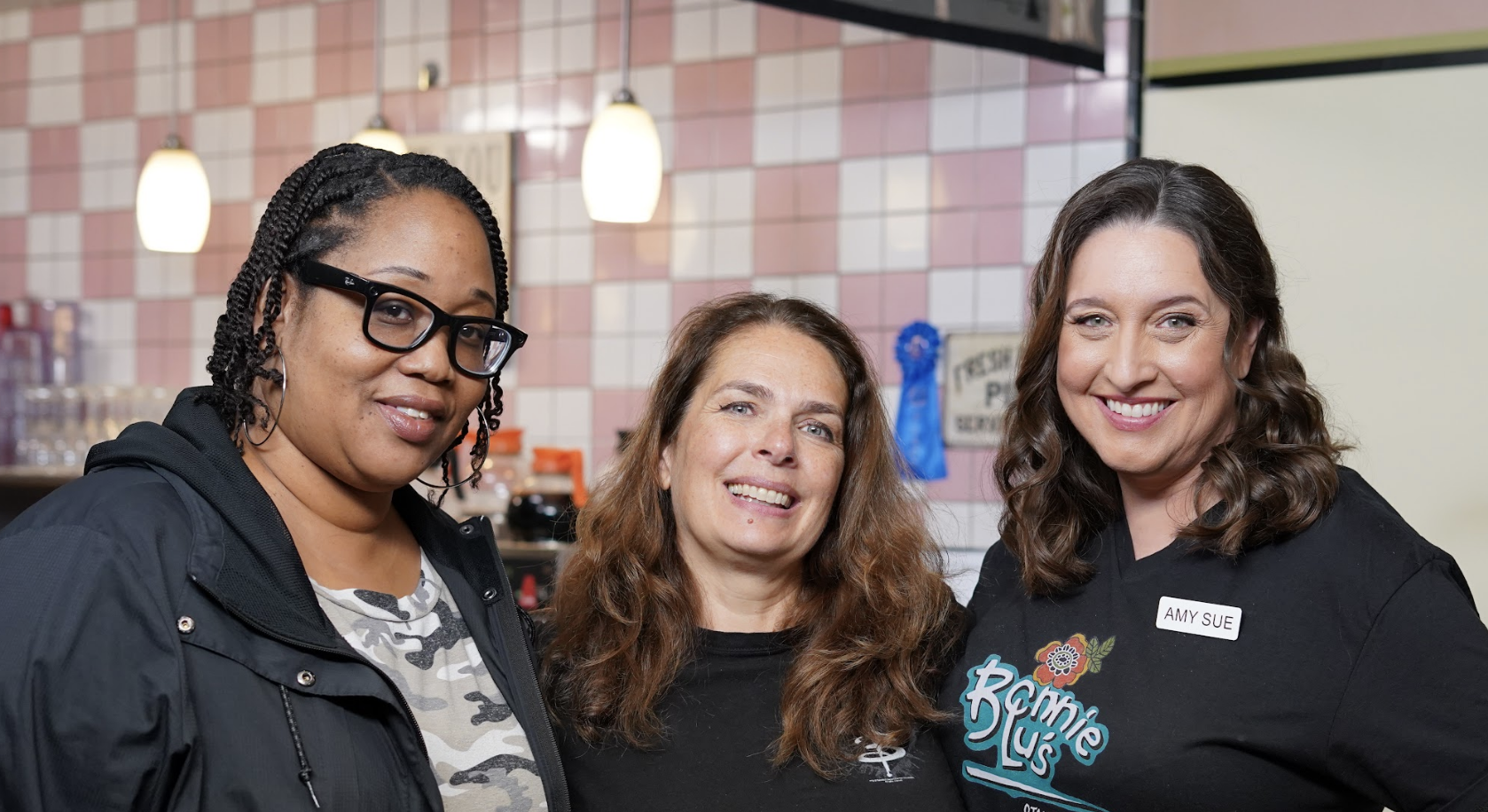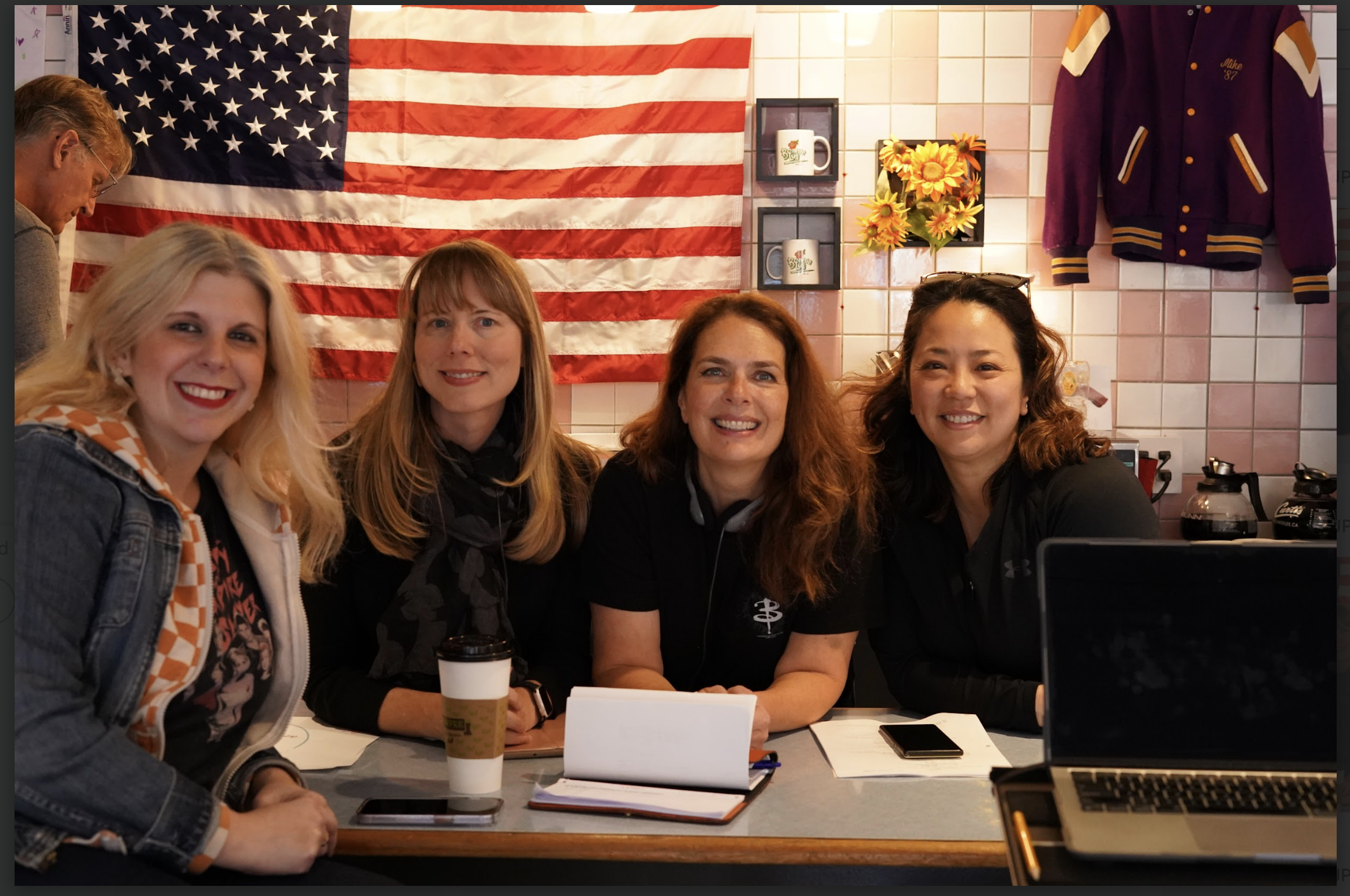Director’s Statement
The idea for SMALL TOWN was originally inspired by a song, a song that perfectly captured a moment of someone facing a heartbreaking “what if” moment. That lyrical emotion stuck with me, driving me to tell a story that reflected that feeling, that moment, that what if. At one time or another, we’ve all wrestled with the thought “What if….? It’s one of few universal truths that we all can relate to. What if I had made a different choice, taken a different path, or just tried to be a different person? We wonder if the life we lived, the one we are living, or the one that could have been, would be different if we just had taken that chance, kept trying to reach that dream, or just said hello. My hope is that Small Town will inspire people to reflect on their own “What ifs,” to turn moments lost into moments made, regrets into growth, and chances missed to chances taken.
Bringing SMALL TOWN to life was more than just creating a film, it was the hope of keeping a promise. As a young girl, I watched Mary Tyler Moore toss her beret in the air, promising us we could make it after all. Yet, even after decades of awareness and advocacy, marginalized voices are still struggling to have their voices heard and respected. In the entertainment industry women, people of color, and LGBTQ are vastly underrepresented, especially in crew positions and in roles of leadership. Ageism pushes immensely talented actors, writers, and producers into the wings. The corporatization of the studios focusing on short-term earnings and shareholder wealth has made it impossible for even seasoned creatives to stay in the business and has also tragically risked the health and safety of cast and crew by putting profits over people. All of us in this field love what we do and love our entertainment community that allows us to tell our stories and create our visions, but at the same time, the industry needs to do better.
When I set out to make this film, I was determined to raise those marginalized voices, reflect those voices in my production, and help keep that promise. Small Town was written and directed by a woman, who is a proud GenXer. My producers are a diverse team of women. Our lead actors are over forty. I didn’t start production until I had saved enough money to pay a fair wage to our cast and crew. And, although we are a non-union project, we followed union rules and strict set safety rules and guidelines. It was important to me that we all worked as a team, respectful of each other as fellow creatives and humans. People before project. No bullies or bad actors allowed. By doing this, not only did we succeeded in making a film we were all proud of, but also a set experience we all enjoyed and were proud to be on. For me, that is the greatest success of Small Town.




